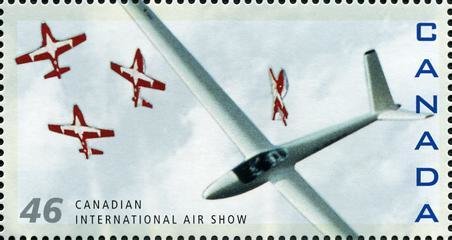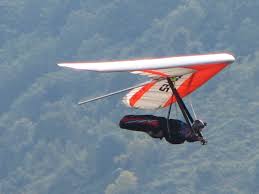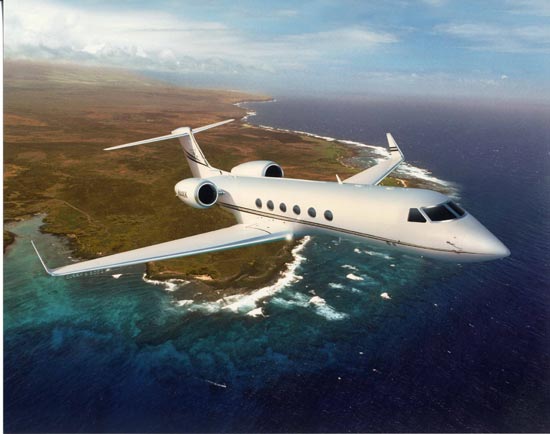Stamp: CT-114 Tutors and H101 Salto Sailplane (Canada 1999)
CT-114 Tutors and H101 Salto Sailplane (Canada 1999)
04 September (Canada ) within release Canadian International Air Show goes into circulation Stamp CT-114 Tutors and H101 Salto Sailplane face value 46 Canadian cent
| Stamp CT-114 Tutors and H101 Salto Sailplane in catalogues | |
|---|---|
| Stamp Number: | Sn:CA 1807b |
Stamp is horizontal format.
Also in the issue Canadian International Air Show:
- Stamp - Fokker DR-1 and CT-114 Tutors face value 46;
- Stamp - CT-114 Tutors and H101 Salto Sailplane face value 46;
- Stamp - de Havilland DH100 face value 46;
- Stamp - Stearman A-75 face value 46;
- Souvenir Sheet - Souvenir sheet face value 4*46;
Stamp CT-114 Tutors and H101 Salto Sailplane it reflects the thematic directions:
Aviation is the practical aspect or art of aeronautics, being the design, development, production, operation and use of aircraft, especially heavier than air aircraft. The word aviation was coined by French writer and former naval officer Gabriel La Landelle in 1863, from the verb avier (synonymous flying), itself derived from the Latin word avis ("bird") and the suffix -ation.
Gliding as a sport began in the 1920s. Initially the objective was to increase the duration of flights but soon pilots attempted cross-country flights away from the place of launch. Improvements in aerodynamics and in the understanding of weather phenomena have allowed greater distances at higher average speeds. Long distances are now flown using any of the main sources of rising air: ridge lift, thermals and lee waves. When conditions are favourable, experienced pilots can now fly hundreds of kilometres before returning to their home airfields; occasionally flights of more than 1,000 kilometres (621 mi) are achieved
An aircraft is a machine that is able to fly by gaining support from the air. It counters the force of gravity by using either static lift or by using the dynamic lift of an airfoil, or in a few cases the downward thrust from jet engines. The human activity that surrounds aircraft is called aviation. Crewed aircraft are flown by an onboard pilot, but unmanned aerial vehicles may be remotely controlled or self-controlled by onboard computers. Aircraft may be classified by different criteria, such as lift type, aircraft propulsion, usage and others.



